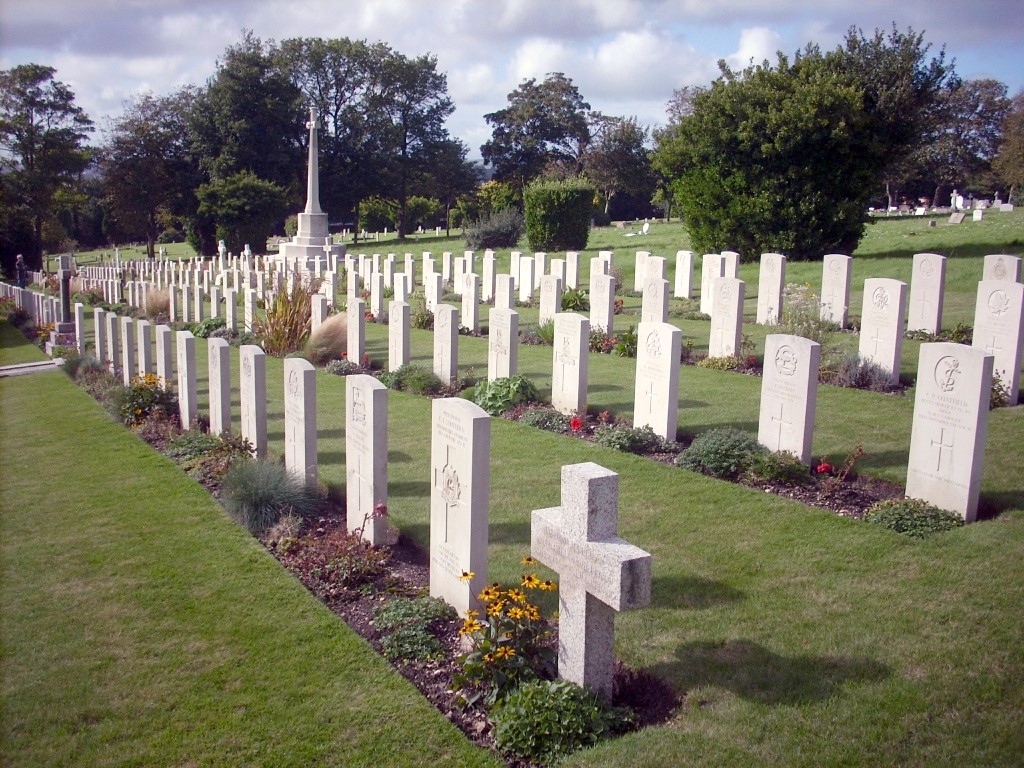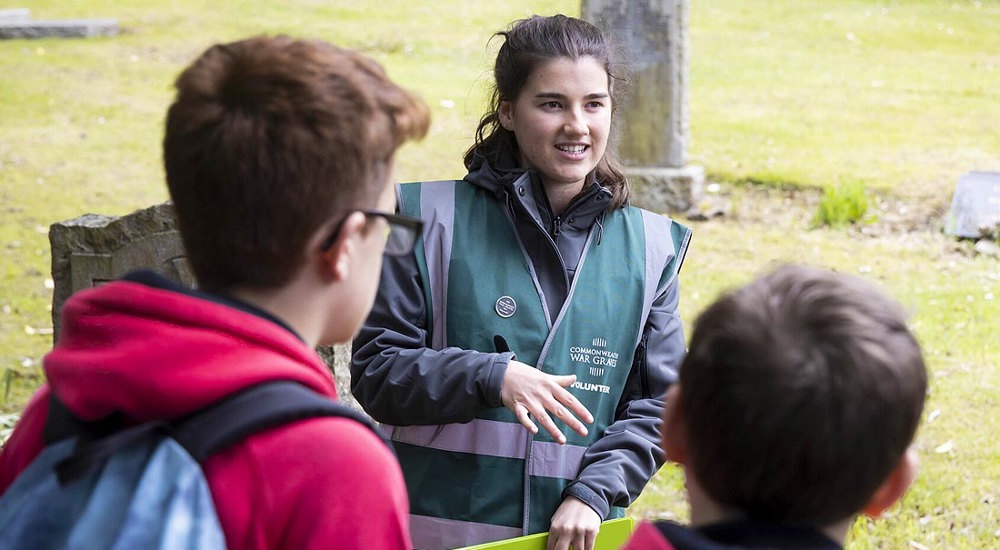A war graves open day is taking place in a Brighton cemetery today (Sunday 21 May) where hundreds of people who gave their lives in two world wars were laid to rest.
The open day is at the cemetery, in Bear Road, Brighton, and has been organised as part of War Graves Week.
The Commonwealth War Graves Commission said that there would be activities for children and adults as well as tours and the chance to ask questions.
The commission said: “Feel free to drop in any time between 10am and 4.30pm or join a tour of the site. These will take place at 10.30am, 1pm and 2.30pm.
“Across the day there will be the opportunity to talk to our maintenance and horticulture teams, learn about our volunteering programme and have a go at engraving with our stonemasons.
“At 1pm, we will be running a session designed for children, suitable for ages 7 to 12. This 30-minute session is designed to engage children in the nationalities and stories of our casualties and will involve activities such as I-Spy and headstone rubbing.
“Parents and carers will be free to enjoy the other opportunities on offer while we amuse the children.
“This day will give people in Brighton the chance to discover the remarkable stories of the men and women of the Commonwealth forces who died in the First and Second World Wars who are buried in their community.”
A total of 414 casualties from the two world wars are buried at the cemetery, the Commonwealth War Graves Commission said.
There are also about 40 foreign nationals buried in the cemetery including those from across the Commonwealth, as well as Belgium, Poland and Germany.
The tours will be led by public engagement co-ordinator Sarah Nathaniel.
The commission said: “Brighton was an important medical centre throughout the First World War, with ambulance trains bringing thousands of wounded and sick soldiers for care in the hospitals established in the city.
“Famously, Brighton became the centre of Indian army medical care in the United Kingdom and over 4,300 Indian soldiers were cared for in the Royal Pavilion and other converted buildings throughout the city.
“During the Second World War, Brighton was regularly subjected to air raids, and because of the threat of invasion 30,000 local residents were evacuated.
“However, throughout the war the Royal Sussex County Hospital in Brighton continued to care for sick and wounded service personnel.

“Among the stories of the individuals buried in the cemetery, one of the most compelling is that of Captain Coutart-de-Butts Taylor.
“Taylor was removed from his commission for a misdemeanour in August 1916 before re-enlisting as a private soldier under the alias Charles Edward Collins.
“He was wounded while assaulting a German machine-gun position on 4 November 1918. He was medically evacuated to England but succumbed to his injuries and associated illnesses and died on 24 December 1918.
“There are several women buried in the cemetery, as well as many decorated soldiers, including George Gristock VC, who was severely injured in the legs in 1940 while attacking a machine-gun position.
“Evacuated back to hospital in Brighton he sadly succumbed to his wounds but was awarded the VC for his bravery.”
The commission said: “War Graves Week is an initiative aimed at encouraging people from the local community to come together and discover the world war heritage on their doorstep.”
Locals could learn about the stories of those commemorated by the Commonwealth War Graves Commission in Brighton – and the skills, dedication and expertise of the commission’s staff and volunteers who work to keep their memory alive.
The commission’s director general Claire Horton said: “Behind every name on a war grave or memorial in Brighton is a human story waiting to be discovered and War Graves Week is the perfect opportunity to do just that.
“As world leaders in commemoration, our mission is to ensure those who died in service, or as a result of conflict, are commemorated so that they, and the human cost of war, are remembered forever.”
The commission is encouraging the people of Brighton and Hove to seek out the stories in their local area and book on to a free tour this War Graves Week. To book a tour, visit www.cwgc.org/wargravesweek.
Last year, Brighton and Hove News told the story of Steve Davies, a former rifleman, who has been restoring the graves of war heroes across Brighton and Hove. To read more, click here.








